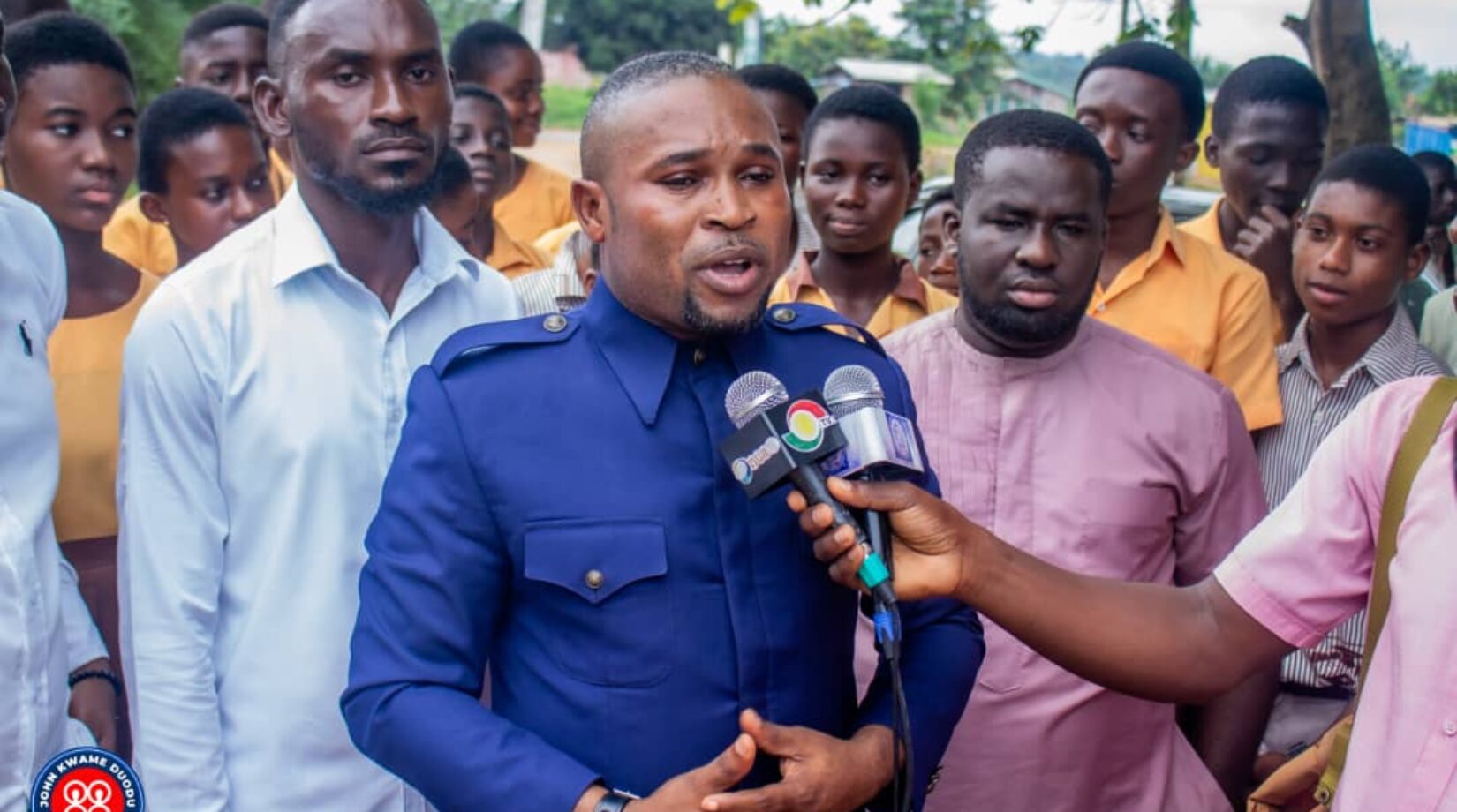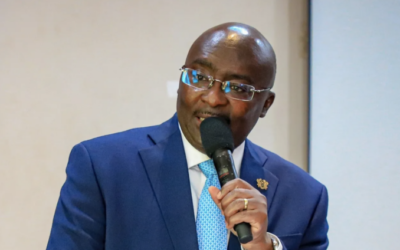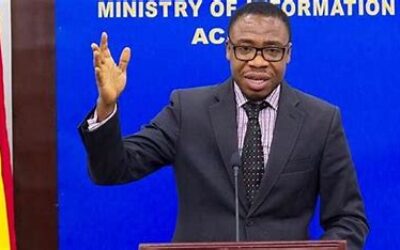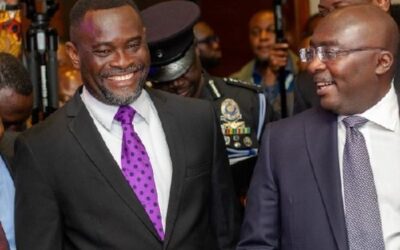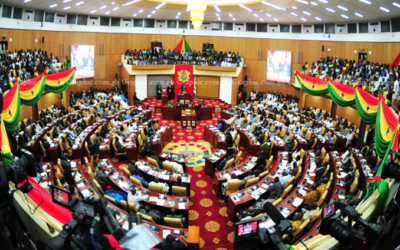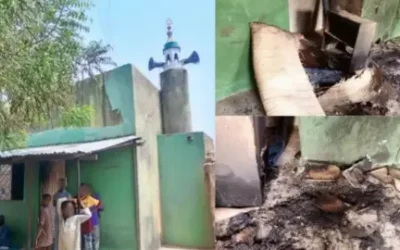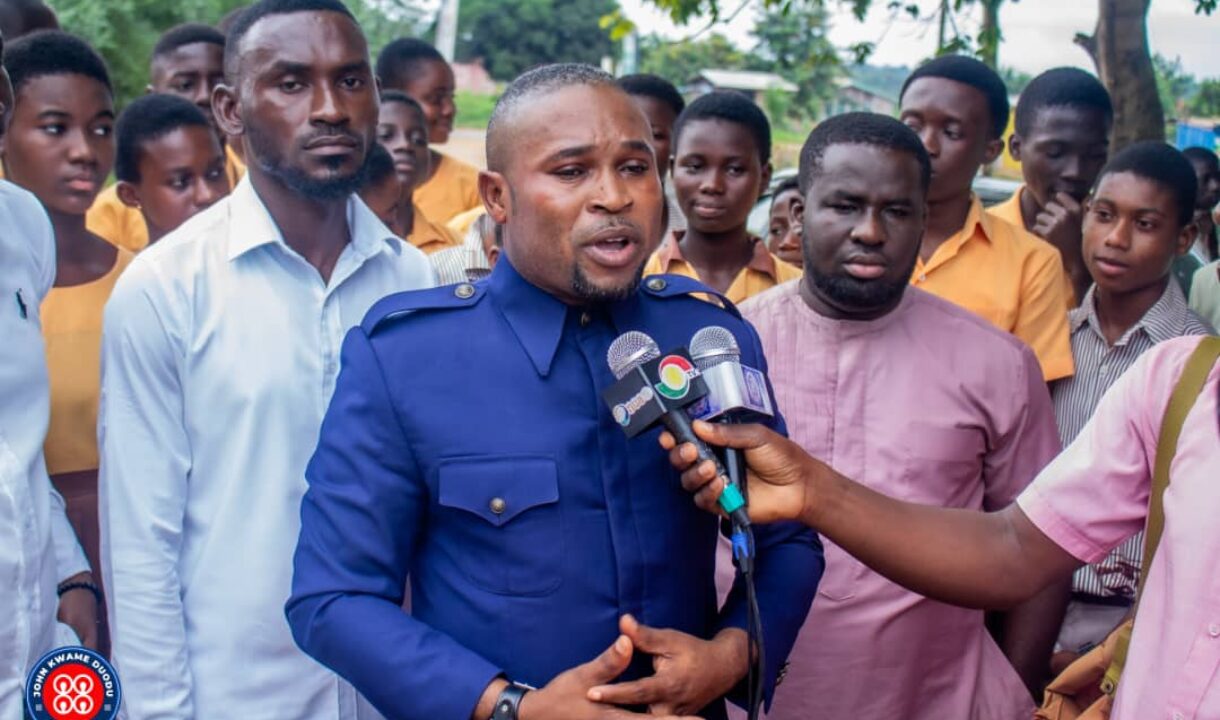The attempt religiously being made by former president John Mahama to return to the Jubilee House as President of Ghana has generated considerable debate across the political divide. However, it is my fair and firm opinion that Ghanaians must reject his ceaseless attempt to rule the nation for the second time.
During his previous tenure, Mahama demonstrated unpardonable systemic failures and shortcomings which far outweigh any known success of his government.
I will discuss the failures of his first term in eight comprehensive paragraphs, highlighting why Ghanaians should be critical about his second coming and vehemently reject his bid.
Corruption and Mismanagement:
One of the significant reasons to reject Mahama is his inability to effectively address corruption and mismanagement during tenure. Numerous scandals such as the infamous “bus branding” controversy and unchecked government spending clearly undermine trust in his leadership capabilities. With these failures as precedence, it is imprudent and too risky to expect Mahama to suddenly rectify these bad record and prioritize good governance in his second term.

Sir John
Economic Downturn:
Ghana’s economic landscape experienced severe turbulence during the Mahama administration. Hyper inflation, declined national currency, and increased public debt burden took a heavy toll on the country’s economic stability. This past economic record do not bode well for his second term, as they demonstrate his inability to strategically manage and bolster economic growth, leaving Ghanaians vulnerable to further financial instability.
Infrastructure Development:
Despite Mahama’s promises and lofty rhetorics regarding infrastructure development, the reality on the ground tells a different story. Projects such as the Circle Interchange, which became a symbol of escalating costs and poor execution exemplify this failure. The lack of transparency, failure to deliver projects on time, and quality issues all point to Mahama’s incompetence in ensuring sustainable infrastructure development, thereby weakening his case for a second term.
Energy Crisis:
During his first term, Ghana experienced one of her worst energy crises. Frequent power outages significantly disrupted daily life and crippled businesses. Mahama’s inability to address this crisis effectively raises doubts about his capacity to manage complex issues and implement long-lasting solutions. As Ghanaians face the looming threat of future energy challenges, it is crucial to consider whether Mahama, who failed to tackle the previous crisis, is the right leader to navigate this critical sector of our economy
Education and Healthcare:
Another glaring failure of the Mahama administration was its inability to adequately address the nation’s education and healthcare sectors. Persistent teacher strikes and inadequate healthcare facilities leave Ghanaians questioning whether Mahama, who failed to prioritize and improve these fundamental areas during his first term, has the capacity to address them in his second coming.
Youth Unemployment:
Unemployment remains a pressing issue among Ghana’s youth, and it is essential to examine Mahama’s track record. Despite his promises to create jobs, youth unemployment rates continued to rise during his first term. Mahama’s failure to create an enabling environment for economic growth hindered private sector investment and perpetuated the cycle of unemployment. This trend raises serious concerns about his ability to provide the necessary opportunities for Ghana’s youth in his second term.
Lack of Accountability:
Lastly, Mahama’s lack of accountability for the failures and shortcomings of his administration is deeply concerning. Instead of taking responsibility, he often deflects blame and evades owning up to his mistakes. Such a pattern undermines the foundations of good governance and transparency, eroding trust in his leadership and further solidifying the argument against his second coming.
In summary, despite the varying opinions and expectations surrounding John Mahama’s second coming as Ghana’s president, the failures of his previous term clearly highlight why Ghanaians must reject this prospect. The pervasive corruption and mismanagement, economic downturn, infrastructure deficiencies, energy crisis, neglect of education and healthcare sectors, youth unemployment, and lack of accountability collectively demonstrate his incompetence in addressing Ghana’s pressing issues. In order for
the nation to progress and thrive, a leader who can bring about meaningful change and effectively manage these challenges is what the Nation critically requires.
John Kwame Duodu (SIR JOHN)
NPP CONSTITUENCY FIRST VICE CHAIRMAN
ATWIMA NWABIAGYA SOUTH ASHANTI REGION
THE ASHANTI REGIONAL TESCON PATRON

